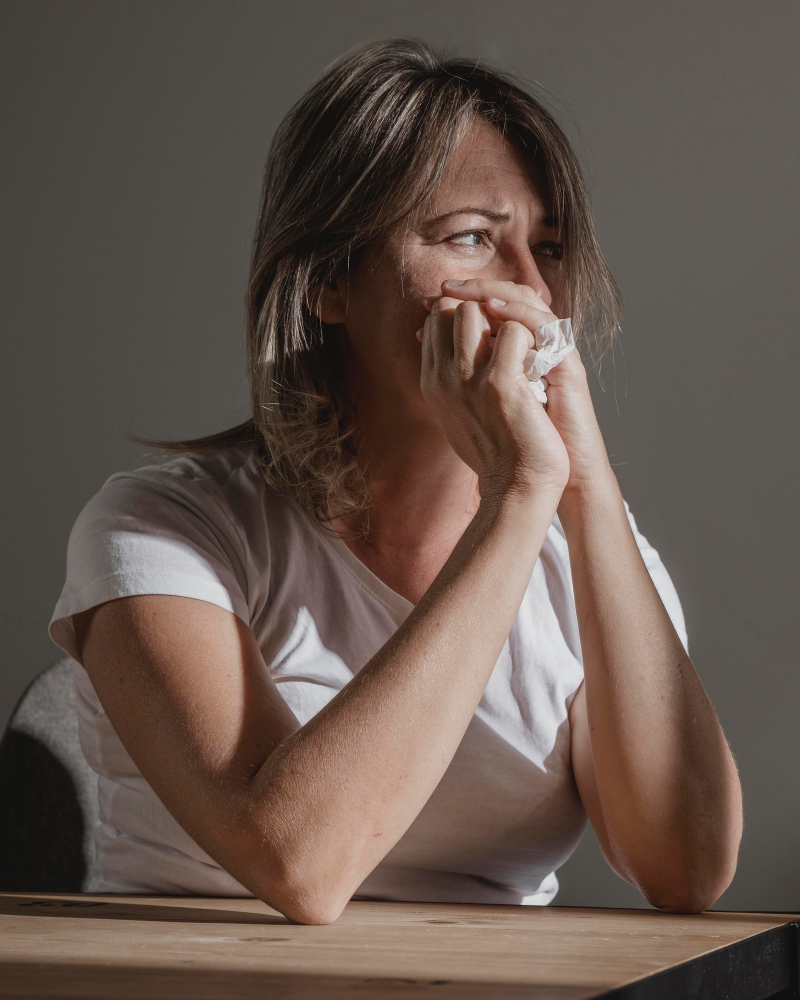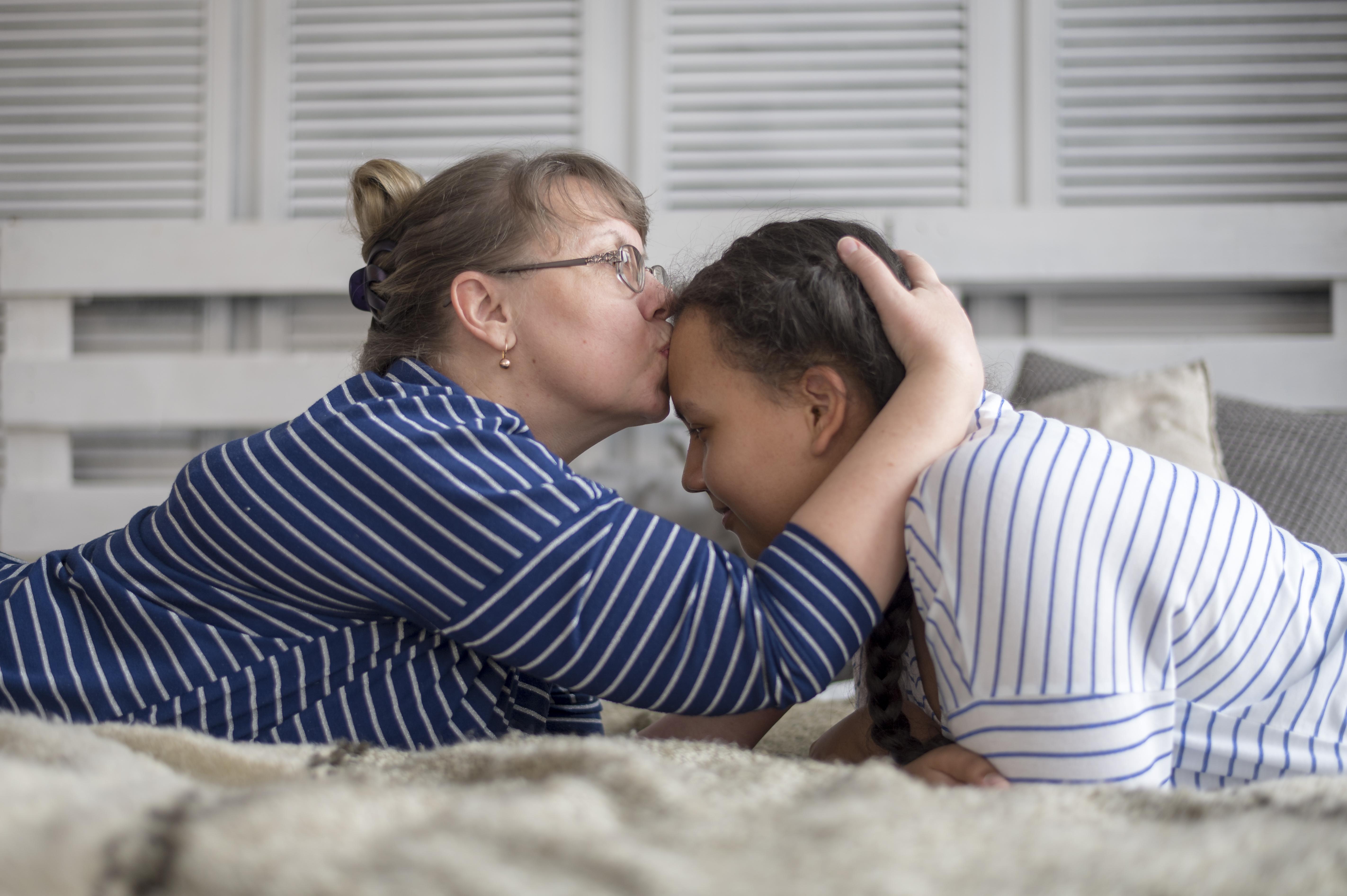I have spent years trying not to take up space. Years trying not to be “one of those parents”—too loud, too emotional, too self-involved. I have been careful with my tone, careful with my words, careful not to name the hurt when my child was excluded, neglected, or harmed. I told myself: focus on the child. Make it easier for the staff. Don’t make it about you.

But here is what no one tells you about trying to be nothing: it hollows you out. It unthreads your sense of self. It teaches your nervous system to shrink away from your own needs. And it still does not protect your child.
Your child needs you to be something!
There is a quiet, devastating expectation embedded in the school system: that families will swallow their grief and smile through it. Everyone is trying so hard! That parents—especially mothers—will show up without ego, without emotion, without the inconvenient weight of personhood. And when we break that expectation, when we express pain or urgency or anger, we are labelled “uncivil.” Aggressive. Overwhelming.
But what could be more involved than love that is so complete it remakes your whole life? What could be more human than feeling wounded when your child is hurt?
-
The politics of politeness: how tone-policing silences parent advocates
When a parent dares to speak plainly about harm—especially when that harm is systemic, ongoing, and inflicted upon a disabled child—they are swiftly met with a familiar response: watch your tone.
-
You’re not wrong: reflections on motherhood and advocacy
This piece is for the mothers who have become unrecognisable to themselves in the crucible of advocacy—those who perform calm while their bodies tremble with rage, who write polite emails through tears, who scream in the car and smile in the meeting. It…
Moral injury
I have come to believe that this culture of erasure is mirrored by a matching erasure on the staff side. Many educators have spent years suppressing their own distress inside a system that punishes care, a system where compassion becomes a liability. When your own feelings are unwelcome, you learn to silence others’ too. You tell parents not to take it personally. You say “let’s focus on the child” as if harm has no ripple effect. As if children exist in isolation from the adults who love them.
But we are not nothing. I am not nothing.
I am a person with a body that holds grief. A nervous system that registers fear. A voice that shakes when I am not believed. And I do not stop being a person when I advocate for my children. I do not dissolve when I sit in school meetings. My presence is not ego. My feelings are not a distraction.
When I say something hurt us, I am not making it about me. I am telling the truth.
If we want schools to be places of healing and inclusion, then we must stop asking parents to be nothing. We must stop treating feelings as threats. Staff intentions as paramount. We must allow everyone—children, staff, and families—to be human.









